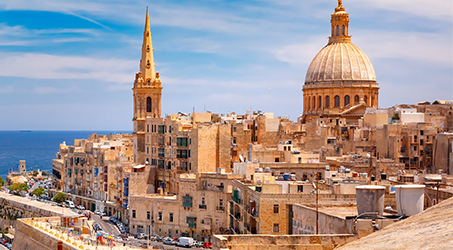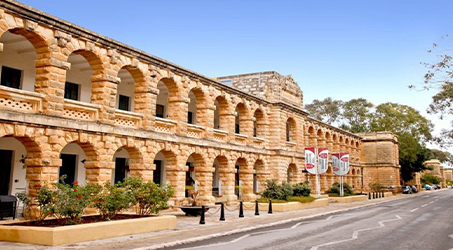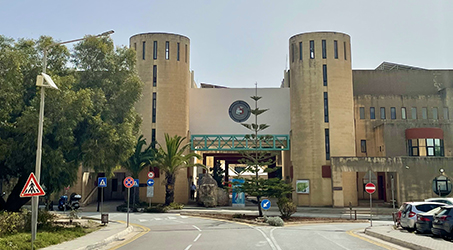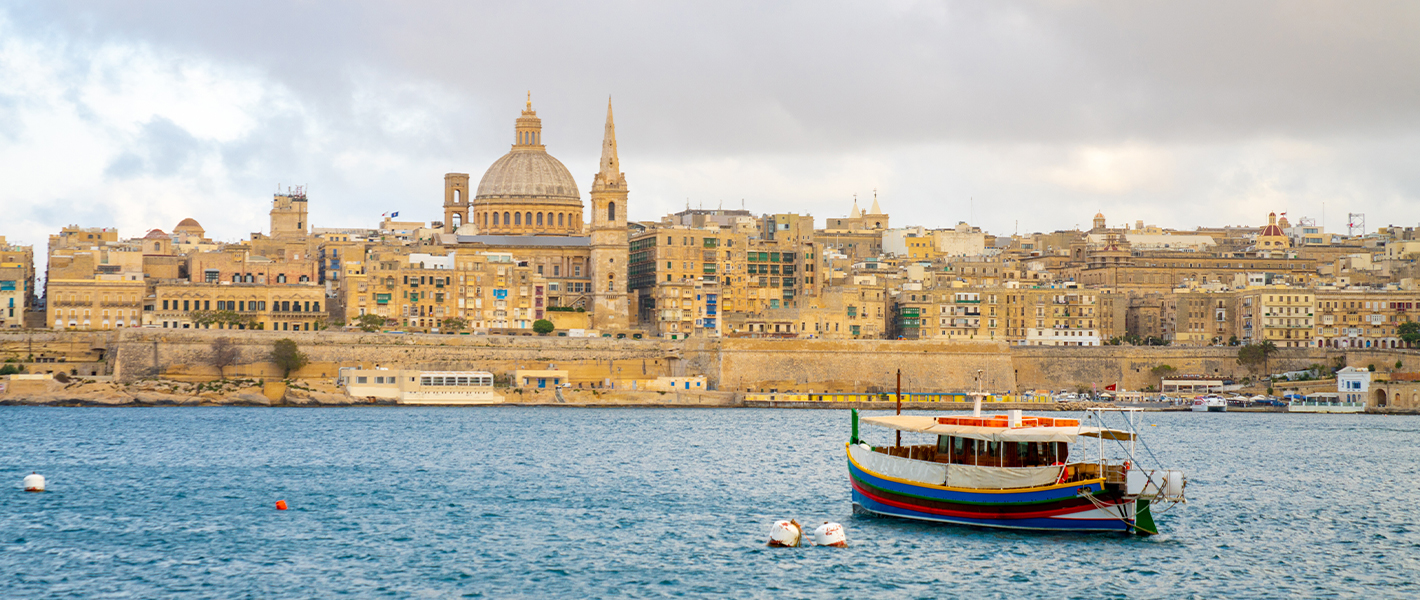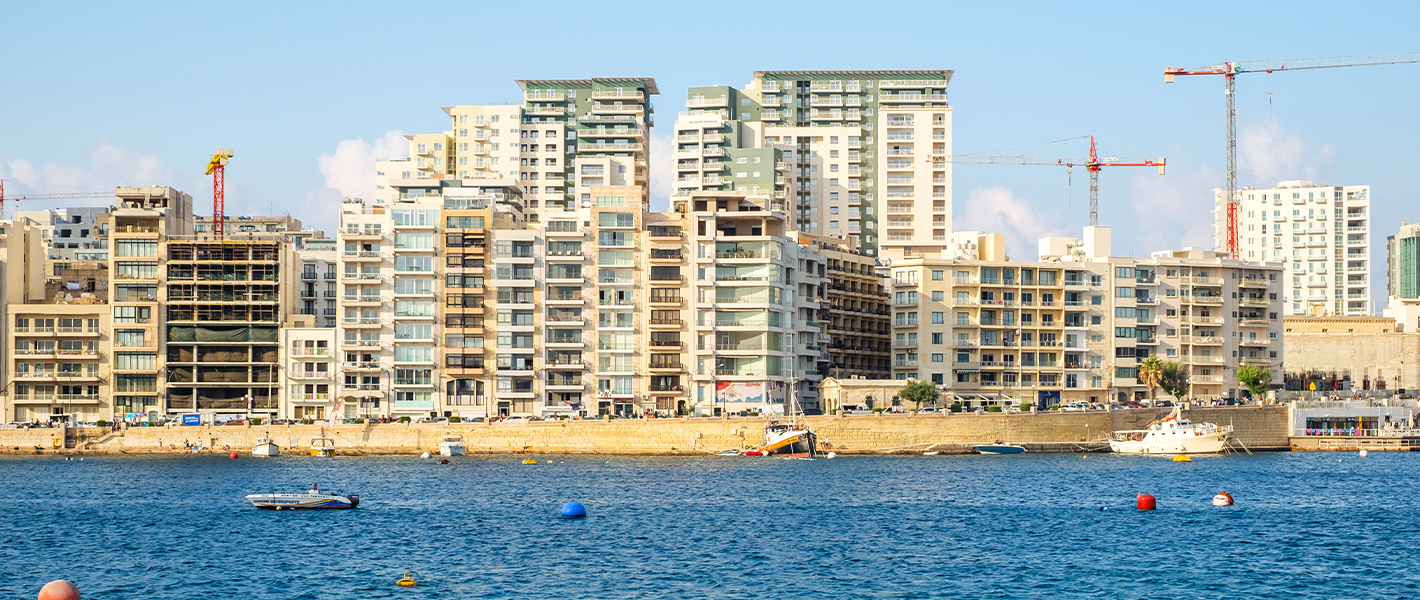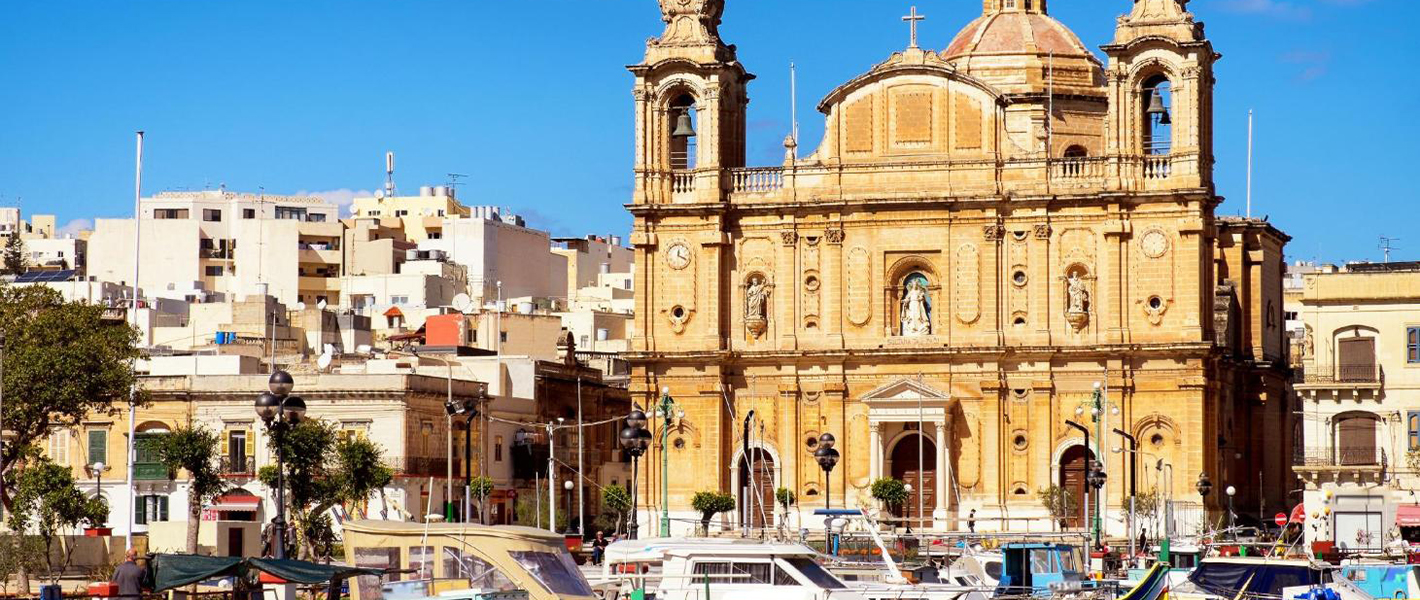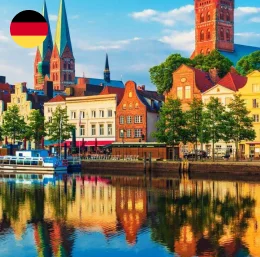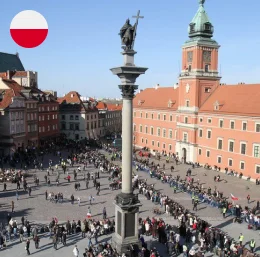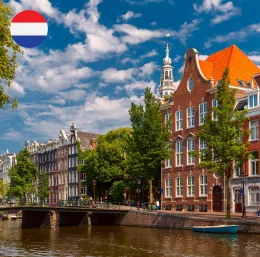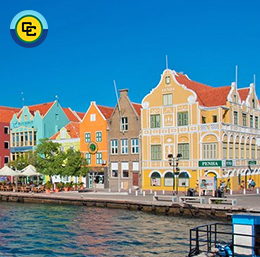Study in malta : Blend of Prestigious Education and Mediterranean Lifestyle

Start your academic career in Malta, a country renowned for its top-notch universities, cutting-edge teaching strategies, and hospitable international community. Malta is becoming a more and more popular option for students from all over the world because it offers a seamless fusion of academic quality with the allure of island life.
Everything you need to know about selecting the best program, comprehending the admissions process, expenses, and employment options, as well as how to make the most of your stay on this special island, will be covered on this website.

Why Study in Malta?
Despite being a small country Malta has lot to offer to international students, from globally recognised institutes and affordable living to mediterranean lifestyle.
1. Academic Excellence:
Malta boasts several renowned institutions offering competitive programs in fields such as technology, business, and the arts. Degrees from Maltese universities are recognized globally, ensuring students are prepared for international career opportunities.
2. Affordable Education:
Studying in Malta is relatively affordable compared to other European destinations. Tuition fees for bachelor’s programs typically range from €5,000 to €12,000 per year, and master’s programs cost between €7,000 and €15,000, depending on the university and course.
3. English as a Medium of Instruction:
Since English is widely spoken and utilized in schools as one of Malta’s official languages, it is simpler for international students to adjust and succeed academically.
4. Immersive Mediterranean:
Malta provides the ideal balance of academics and pleasure for students. The island’s rich cultural legacy and relaxed lifestyle, which include historic sites and immaculate beaches, make for an enjoyable educational experience.
Top Universities in Malta

How to Apply for Studying in Malta from India
Step 1: Research Programs & Universities
Start by looking at programs that fit your academic objectives. Numerous English and Spanish-language courses in a range of subjects are available in Spain.
Step 2: Meet Eligibility Criteria
Make sure you fulfill the standards for academic and linguistic proficiency. While master’s programs require a bachelor’s degree in a related discipline, undergraduate programs often require a high school diploma.
Step 3: Prepare Required Documents
You’ll need:
- Academic transcripts and certificates
- Proof of English language proficiency (IELTS, TOEFL, etc.)
- Copy of passport
- Statement of purpose
- Letters of recommendation (if required)
Step 4: Apply to Universities
Use the appropriate system or the university’s web site to submit your application. Additional testing or an interview may be required for some programs.
Step 5: Secure Funding & Scholarships
To lessen financial difficulties, look into potential scholarships like those provided by specific colleges or the Malta Government Scholarship Scheme.
Step 6: Obtain a Student Visa
Once accepted, apply for a student visa through the Embassy of Malta. You’ll need an acceptance letter, proof of funds, and health insurance.
Step 7: Accommodation & Travel
Arrange for accommodation (university housing or private rentals) and plan your travel to Malta.

Types of Student Visas and Validity
Schengen Student Visa (Short-Term)
For programs lasting less than 90 days, ideal for short-term courses.
Short-Term Student Visa (3–6 Months)
For courses between 3 and 6 months. This visa is non-renewable.
Long-Term Student Visa (6+ Months)
For degree programs, this visa allows part-time work (up to 20 hours/week) and includes options to stay post-graduation.
Cost of Study in Malta
Malta offers a reasonably priced study abroad opportunity. Tuition costs normally vary from €5,000 to €15,000 per year, depending on the school and program.
The cost of living in Malta, including housing, transportation, and food, ranges from €700 to €1,000 a month. Public transportation is reasonably priced, with monthly tickets costing €25 to €35, while shared flats range in price from €300 to €500 per month.
Employment Opportunities in Malta
While Studying
During their studies, international students are permitted to work up to 20 hours a week. This enables students to balance their costs and obtain job experience.
Post-Study Work Opportunities
International students are allowed to stay in Malta for up to four months after finishing their studies in order to look for work. The nation provides a wide range of employment options in industries including banking, hospitality, and information technology. Additionally, graduates who want to start their own businesses can get help through Malta’s Startup Visa Program.
Frequently Asked Questions?
Contact Us
Have questions or need assistance? Contact us today.
We're here to help you with your immigration and
education journey. Reach out to Rao Consultants for
expert guidance.
EMAIL US
contact@raoconsultants.comSPEAK WITH EXPERT
(079) 67 444 444CHAT WITH EXPERT
+91 7573 008 888Contact-us
"*" indicates required fields
